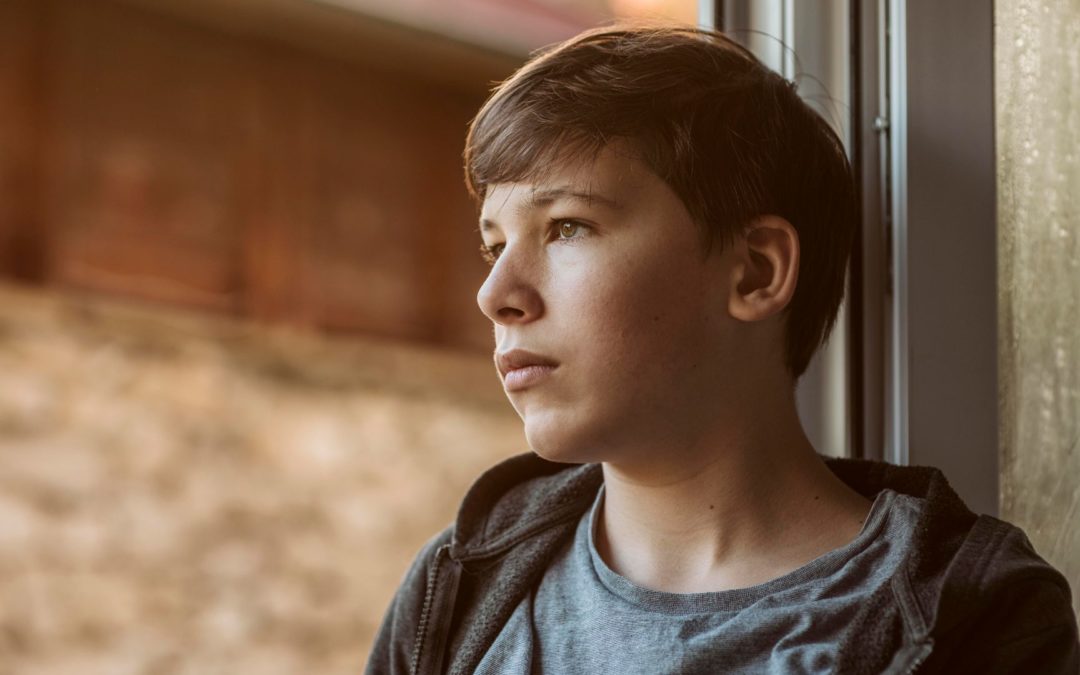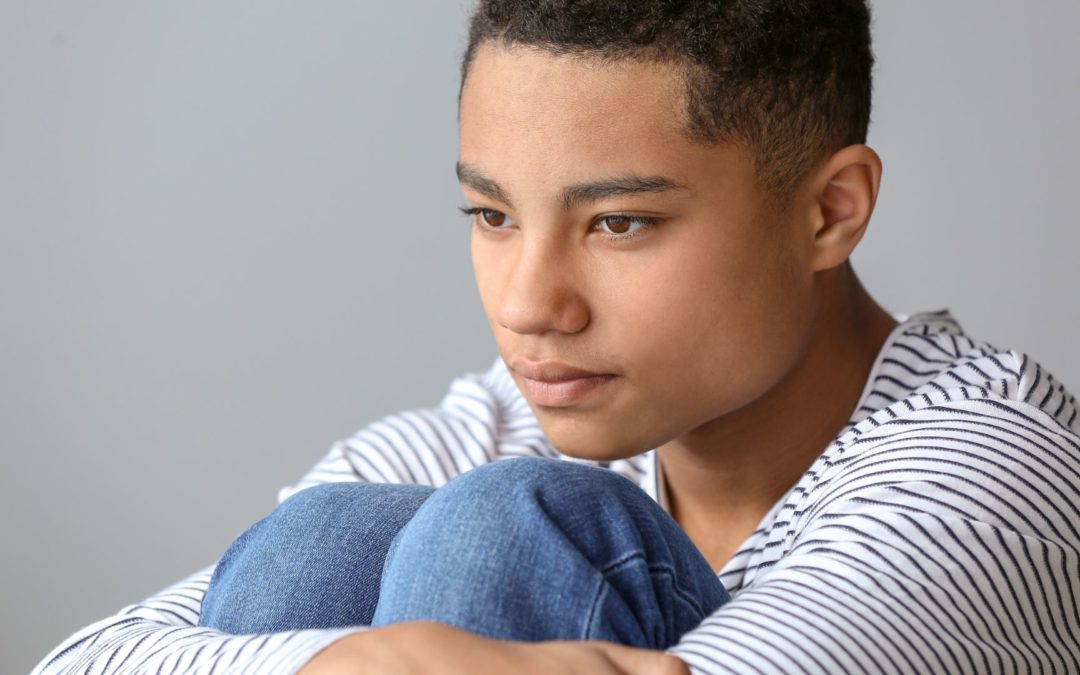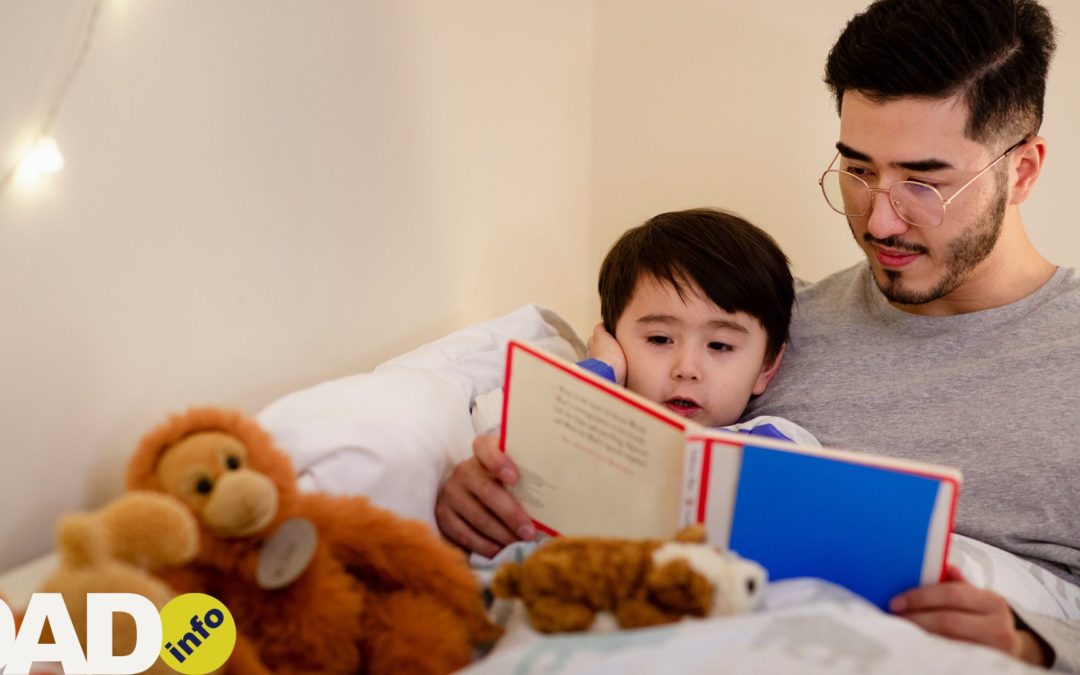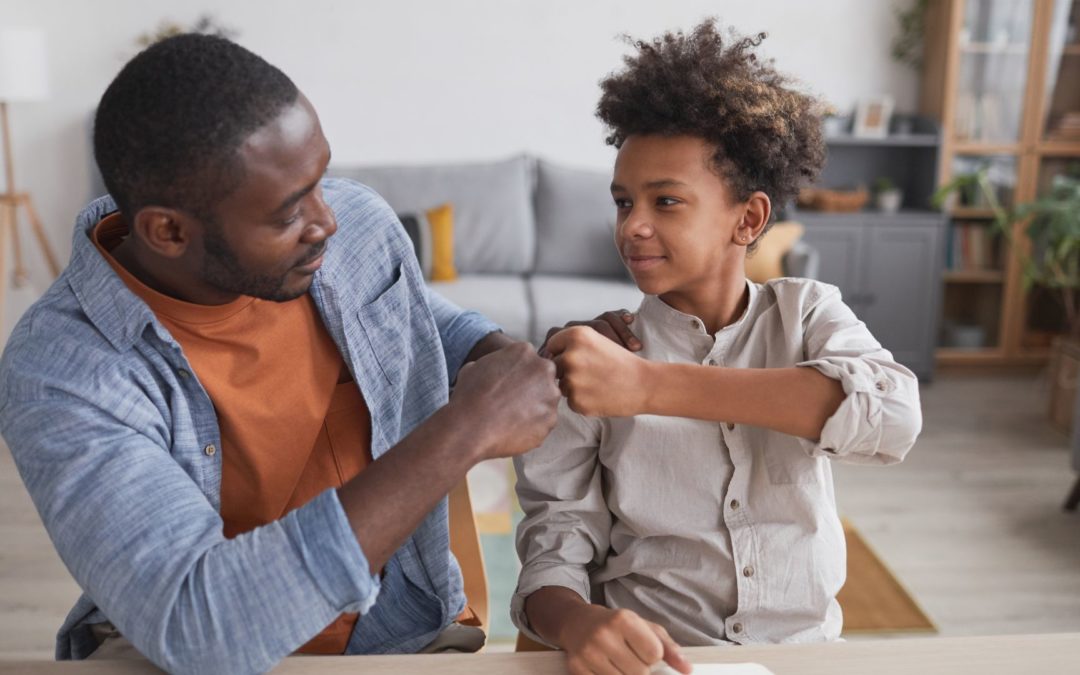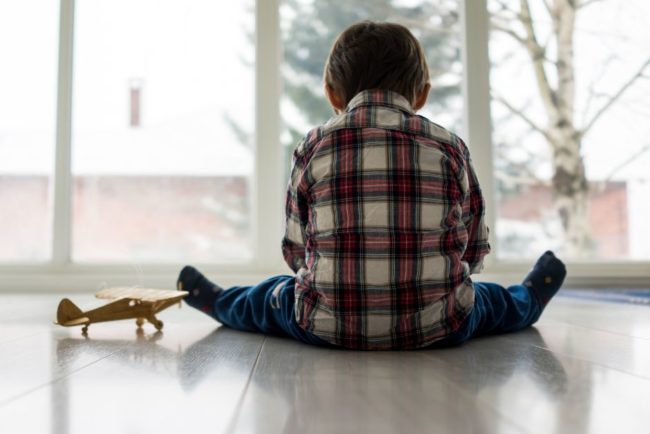
Remember when we all received the text from the government on 23rd March 2020 telling us to stay at home? All the the months and years that followed, being stuck indoors, the social distancing, and uncertainty- we lived through it all and it wasn’t easy.
In some ways, it can all feel like it was a bad dream.
For many of us, life has gone back to normal. However, across the country, children are receiving help for mental health issues resulting from the stress of the lockdowns.
Isolated and frightened by the ongoing threat of Covid in 2020, many children have found themselves remaining affected, long after the pandemic eased.
Debbie Pattison, Digital Counselling Lead at Spurgeons, explains to Dad Info how Covid has had a lasting effect on our children’s mental health, and how we can help.
Young lives thrown into chaos
The ways in which various children have been affected by Covid depend vastly on their circumstances. Debbie has seen children with varying symptoms of anxiety, depression, OCD and self harm, and the pandemic has hit them in very different ways.
‘Children with ASD, for example, were fine being confined at home, but returning to the class room has been a problem,’ says Debbie.
‘For one boy that I saw for a while, school was his happy place- his home life was very traumatic. Post-pandemic, he has become a school refuser. It’s so sad. He just couldn’t get back to school.’
For teenagers, the lockdowns turned their world upside down. Another boy Debbie worked with had an abusive, unstable home life and during Covid was shut off from the outside. His close friend then took his own life and he had little social media contact with friends. ‘It was such a hard time for him,’ says Debbie.
Germs and fears of illness
Following years of having to wash hands fastidiously and wear masks while in public, some children have been unable to let go of that behaviour. ‘Some of them have anxiety that has stemmed from hand washing and wearing masks, so we have seen OCD develop. They cant stop washing their hands and have a fear of germs,’ explains Debbie.
‘Other children don’t want to eat at school because of the fear of germs. They’ve got those fears now, and they haven’t gone back to a world they feel safe in.’
A regression of social skills and interrupted education
Debbie has seen many primary school-aged children who are struggling through losing nearly 2 years of socialising and learning social skills. The gap in classroom education has also impacted children who struggled with home learning and have found their education has suffered as a result.
The problem isn’t limited to primary aged children, either. ‘A 6th former that I’ve just started working with enjoyed school and was in a rugby club,’ says Debbie. ‘But, after Covid, he doesn’t go to school anymore, avoids rugby completely and has so much anxiety.’
Many young people Debbie sees feel they screwed up their education because of home learning or having estimated grades because of Covid. Children are often teased because of having ‘easy grades’ due to being unable to take their exams.
Lockdown is over but the effects are ongoing
The effects of Covid seem to be coming out now in young people, Debbie says. ‘It isn’t just one or two. Some weeks every single assessment call I do is about how a child is struggling after Covid,’ she says.
And, as Debbie points out, many of the effects may be yet to show in some young people. ‘I’m worried about the long term effect on primary school children because they need socialising,’ she says. ‘It’s how they learn behaviours and how to interact with people, and with that that [lockdown] break- how is that going to be repaired?’
Debbie’s advice to parents
As we return to some form of normality after Covid and lockdowns, many parents may be worried about their child and how the pandemic affected them. School closures and social distancing seem to have left a lasting legacy on many of our young.
Talk to your child about the pandemic and lockdowns and stress to them how long the pandemic persisted, relative to their lifespan. 18 months may not feel too long for an adult, but to a child, this is a long time. Some children may barely remember a time without lockdowns, school closures, social distancing
Some children are now experiencing separation anxiety and now need a lot of encouragement to help them socialise again with their peers. To help combat this, encourage your child to talk about their feelings. Also:
- spend time together outdoors
- make sure they eat a healthy diet and get plenty of sleep and exercise
- give them time for free play so they are able to process their emotions
- support their education with learning through play, giving them an opportunity to learn school subjects with less pressure.
Talk to their teacher if you are worried about your child. They may be able to offer some support. Counselling can also help children work through their emotions and feelings and learn some coping strategies.
Calming techniques and strategies
Help your child try some breathing exercises. They can start by breathing in for 7 and out for 11. Encourage them to imagine a balloon filling up. Then as they breathe out, they will feel the balloon going down, and they can blow out all of the anxiety and horrible feelings they may be experiencing.
Distraction is very good for anxiety. Ask your child to look for 3 things of a certain colour, smell three smells, and listen for three different sounds. This is a very good grounding exercise to calm children.
Lastly, try to help them get their energy out. Listening and dancing to music, running around, going for a walk, or bouncing on a trampoline are also very good distractions for anxiety.




